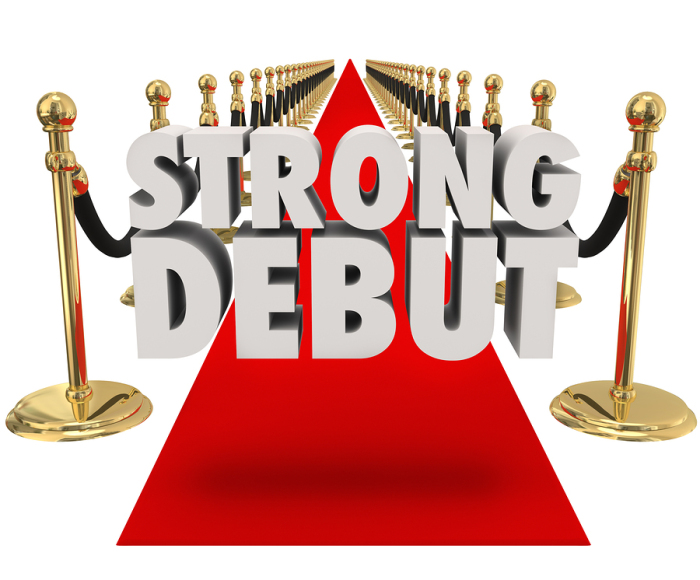Last week we talked about finding things to write about, things that will resonate with our readers, by looking at the people around us. Today I want to share some easy steps you can take to dig deeper into this idea.
Step One
Start by looking at yourself. Yes, you. Look deep within and ask yourself the following (but give the real answer. This isn’t about looking good, even to yourself. It’s about being authentic.):
- What matters most to me?
- Who matters most to me?
- What is my deepest fear?
- What makes me angriest? Why? (And dig to the core of that answer. WHY does it anger you?)
- What brings me the deepest joy? Why?
Step Two
Consider this about your answers to:
1, 2, & 5–What does this say about me, my priorities, my faith? If the answers are troublesome, what can I do about that? If the answers are encouraging, what will keep me on track?
- What speaks real, soul-deep peace into my fear?
- What can I do about (1) the cause and (2) the anger?
Step Three
Remember the people you looked at last week, those folks around you? Well, look at them again. Look at your family and friends, your coworkers, the people you encounter in the course of a day. REALLY look at them. Don’t just see a parent who is aging or a cashier who is rude or a driver who makes you wish you had an Uzi (hmm, did I just write that out loud?). For those people you know, ask them the questions in Step One & Two. For those you don’t know personally, consider, based on what you know or see of their lives and actions, what their responses might be. Why was the teller rude? Why did that driver almost force you off the road?
Step Four
Make a list of the commonalities:
What are the issues? The concerns? The fears? The joys.
Step Five
Now that you have your overall list, dig deeper. Find the one topic/idea/struggle that resonates with you. Just because a topic is hot doesn’t mean it’s one you should write about. Find the one core idea that gets you worked up or excited, and then go from there.











